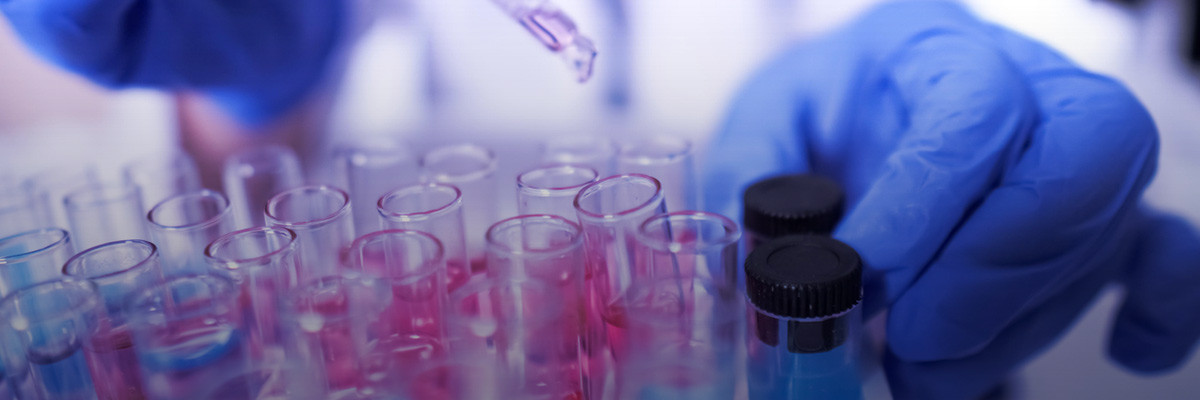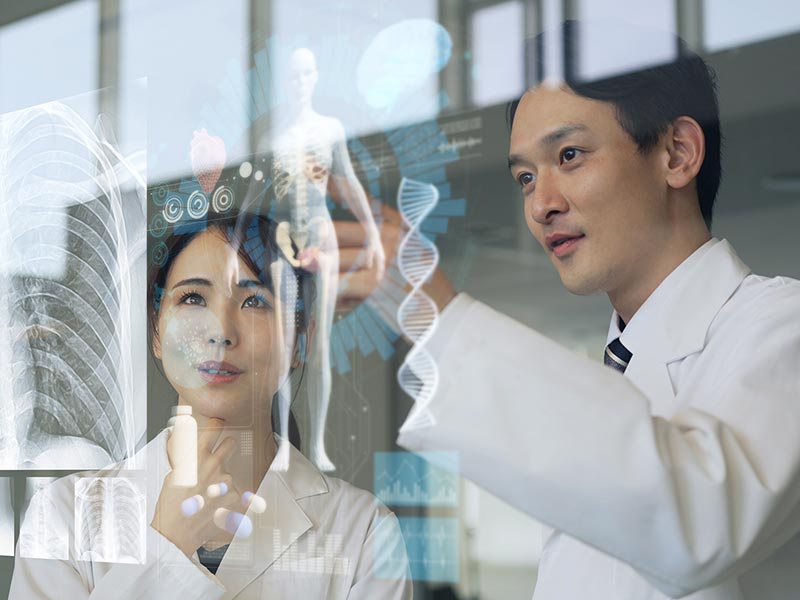
Authors
Undeniably, 2020 has been defined by the global spread of COVID-19 and its devastating impacts. The global pandemic, which has taken over a million lives, has shone a spotlight on the healthcare industry.
In this unprecedented moment, BSR is pleased to welcome Phil Thomson, President, Global Affairs at GSK, as a plenary speaker for BSR Conference 2020. Phil has more than two decades of experience at the firm, having joined Glaxo Wellcome as a commercial trainee in 1996. A member of the Corporate Executive team, his responsibilities include the Group’s strategic approach to reputation, corporate responsibility, global health, government affairs, and external policy.
We were able to connect with Phil ahead of BSR Conference 2020 to hear his thoughts on what business, in particular the healthcare industry, should do not only to meet the current moment, but also to build a more equitable and sustainable future.

The pandemic has shone a light on the important role of healthcare companies in society. In your opinion, what is the role of GSK to meet the moment?
Like much of the Life Sciences industry, we are heavily involved in developing solutions to COVID-19. Innovation is how we get through the COVID-19 crisis, and the Life Sciences industry is innovating at unprecedented speed to develop new products, technologies, data sharing platforms, and financing mechanisms in the search for effective testing, therapeutics, and vaccines.
Equally important is that these solutions are affordable and available to people around the world. In GSK’s case, we are reinvesting profits made from our vaccine adjuvant, making it available through collaborations with other companies and through donations to support the world’s poorest countries.
COVID-19 has exposed various types of inequality. How can healthcare companies learn from this and help to build a more just and sustainable future?
In healthcare, access to treatment remains a profound issue. I think it’s critical that we strengthen the multilateral system that supports health, making it stronger in vigilance and more capable to make interventions.
The pharmaceutical sector can help with this. Firstly, through innovation and secondly by taking a global approach, to allow access to it. Innovation without access isn’t true innovation in my view. I think we can be optimistic about this. Within the industry, we are seeing unprecedented collaboration, urgency, and innovation to fight COVID-19, with a generation of CEOs who really understand industry’s role in wider society. I am very hopeful that the learnings from this will extend beyond the pandemic, to help build a more just and sustainable future.
In healthcare, access to treatment remains a profound issue. I think it's critical that we strengthen the multilateral system that supports health, making it stronger in vigilance and more capable to make interventions.
We look forward to you joining us at BSR Conference 2020 where we will engage the sustainability community on the theme Meet the Moment. Build the Future. As business prepares to build the post-COVID-19 future, what are some of the most important lessons from 2020?
For me, one of the key lessons is that, as a global community, we need to be much bolder in future pandemic preparedness and in efforts to improve health resilience. Experience tells us that tackling major public health challenges requires scale interventions and long-term investment. The economic costs of COVID-19 now far outweigh any residual concern about preemptive investment.
Alongside that, collaboration between the private and public sectors is the only way we will succeed in tackling systemic risks, like climate change and health resilience. And we need collaborations that embrace technology and innovation. A good example of this is a new global pandemic preparedness initiative called The Trinity Challenge, of which GSK is a founding member. The coalition is made up of companies, public institutions, academia, and global health experts, all united by the common belief that we can use data and advanced analytics to develop insights and actions to better identify, respond, and recover from health emergencies.
Topics
Let’s talk about how BSR can help you to transform your business and achieve your sustainability goals.







